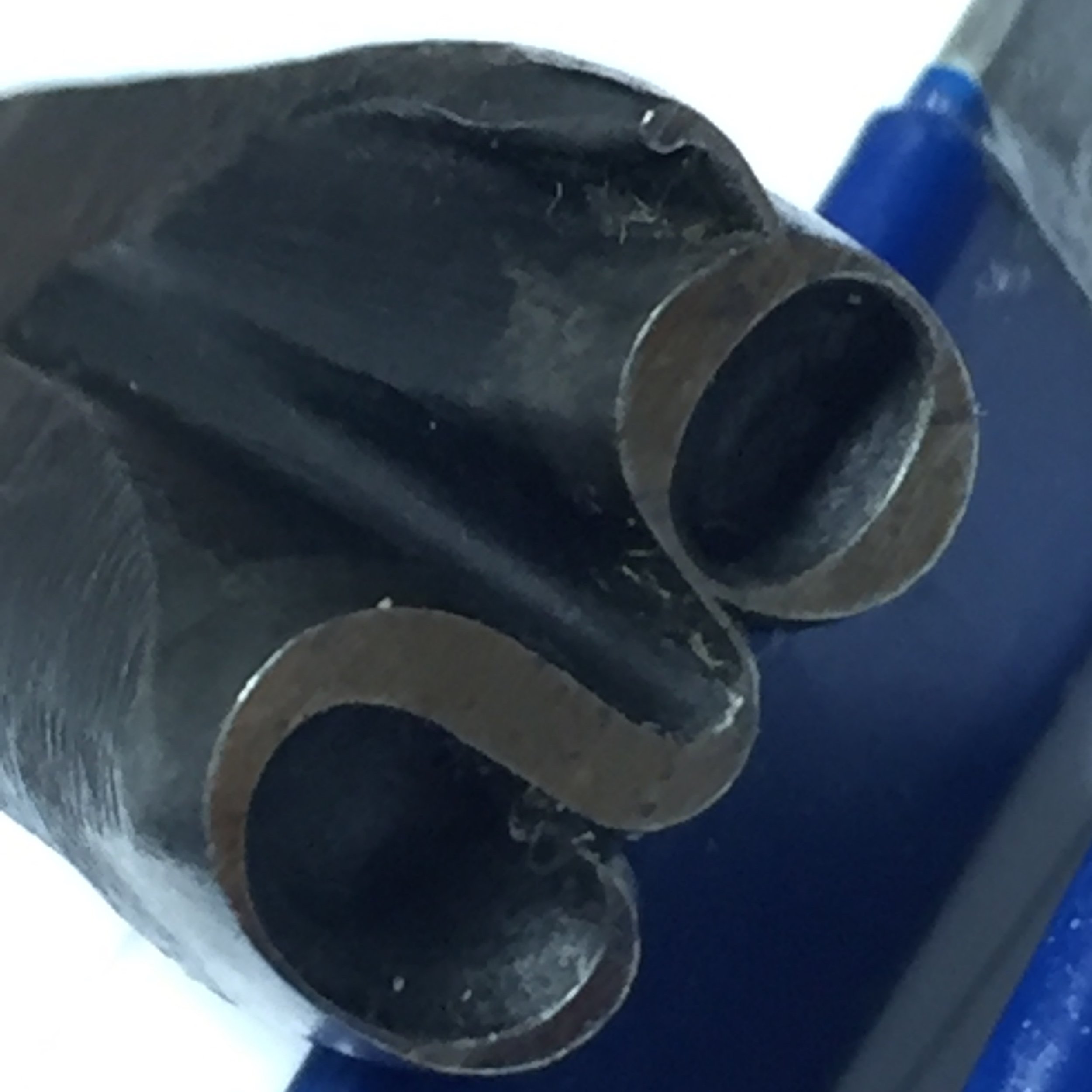‘First Lady of Typography’: Beatrice Warde, a reappraisal
Dr Jessica Glaser (awarded 2024)
Supervisors: Dr Caroline Archer-Parré, Dr Anne Boultwood
External Examnier: Dr Nicola Wilson
This thesis reappraises how the writer and typographic scholar Beatrice Warde (1900-69) established a role for herself in the male-dominated twentieth-century British printing industry, and, in so doing, became known as the First Lady of Typography. Because Warde continues to be well-regarded by the typographic establishment, the thesis sets out to establish the extent to which that reputation was justified. In particular, it considers how Warde used her gender to attain this position, the degree to which wider society and the prevailing conditions of the printing industry shaped her career, and how and why she created her own legacy.
This research uses a mix of methodological approaches bringing together primary historical evidence from hitherto untapped archives with a focus on Warde, her networks and the printing industry. It also draws on reports in the trade and mainstream press which relate to Warde and the context in which she worked. A selection of her writings is also analysed alongside images of Warde herself.
As a result, this thesis provides a new understanding of how Warde established and progressed her position in the printing industry, what inspired and drove her ambition, where her ideas originated, and how she used them in support of her ambition to establish a legacy in a male-dominated industry. In particular it demonstrates the role of performance in Warde’s quest for success, and how she adopted multiple identities such as that of the New Woman to achieve her ambitions. The extent to which she used diverse media such as the written and spoken word, radio, fashion, and photography in support of her ambition is also shown to be critical to her success, as is her pioneering use of the new area of public relations. Finally, the wider cultural and social environment in which she lived, including religion, is demonstrated as important to Warde’s professional ideas and development.
Ultimately, this thesis concludes that Warde’s status as the First Lady of Typography is deserved not for what she said, but how she said it and that her communication skills not only reinvigorated the printing industry of her day, but also influences the way that typography is thought of, written about, and taught today.




